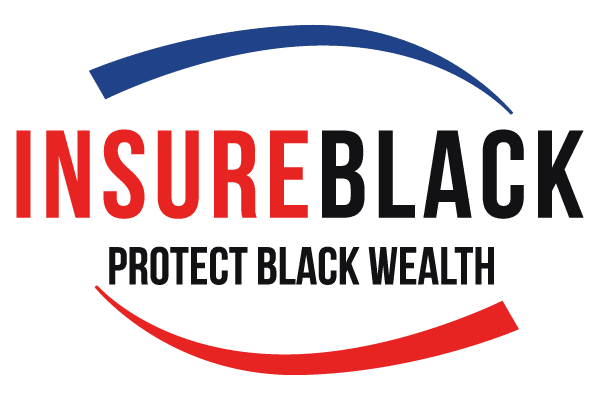One million struggling Black startups won’t fix the problem. Black America needs millions of committed W2 employees who strategically invest their incomes. Not all Black people need to be entrepreneurs. Most Black people, in fact, don’t need to be entrepreneurs. Although social media influencers are preaching this gospel, it’s false. The goal should be for Black people to build collectively and control the economics of their community. Endless numbers of side hustles and undercapitalized businesses will never bring about those results.
Black America needs a commitment to cooperative economics, guided by a strategic plan for the community. There’s also a huge need for capital. Like it or not, the largest infusion of capital immediately available to most Black people is an old fashioned 9 to 5. There’s nothing wrong with having a 9 to 5, despite what the social media influencers will tell you. Operating as individuals, Black people with 9 to 5 jobs simply get paychecks and weekends off. Operating collectively, however, Black W2 employees are more powerful than any hedge fund– a fund that can radically hasten an age of Black liberation.
The more capital Black people have, the more they can direct it to excellent, Black owned businesses. The more capital Black people have, the more they can help scale those businesses. A great number of Black owned businesses are undercapitalized, in part, because their Black customer base is inconsistent. Yes, discrimination in lending is rampant but some of that could be mitigated by collectively capitalizing businesses from within the community. A community can do that by showing up consistently as customers and also, collectively making strategic investments in those companies. That can only happen, however, when the community collectively decides which businesses are needed– the ones that deliver quality products and services that make sense for the community –and chooses to collectively support them. Far more communal organization is necessary, to be sure, but so is the trimming of fat.
Fat is the restaurant owner who randomly closes or shifts their hours; the ones who even choose to close on holidays, when most people are available to patronize them. Fat is the website developer who wants the contract but after getting it, needs several hours to respond to your concerns or can’t seem to be found on weekends.These are entrepreneurs who want the glamor of entrepreneurship but not the responsibility. They should get a 9 to 5 and have their holidays and weekends, thereby allowing the larger community to focus on the more serious entrepreneurs who care to emphasize excellence and consistency. Mediocre entrepreneurs not only take up space but they give others a bad name, too.
Serious Black entrepreneurs still face an infinite number of disadvantages. The one that cannot be overcome is an inconsistent Black customer base. Indeed, criticisms directed at Black entrepreneurs from the Black community ring hollow, absent of consistent support. Said succinctly, Black entrepreneurs can’t be held accountable by those who don’t actually patronize them. Period. As the community organizes and articulates its needs, however, a beautiful opportunity emerges. If some of the less committed, less enthusiastic entrepreneurs would clear the decks and join the 9 to 5 ranks, the community can focus on the businesses it wants and needs, those it will consistently support. Those businesses can thrive and scale and in time, others can be birthed. But none of this is possible without capital and the bank of 9 to 5 is much better at approving transfer of funds.
No, this isn’t a statement against Black entrepreneurship. This article, after all, exists on the platform of a Black owned business. Black people have fewer businesses than most other groups. We need more Black businesses but they must be excellent businesses. Even emerging Black entrepreneurs would do well to hold down a stable job while they’re building– the best investor is one you don’t have to pay back and if employed, that investor could be you. After all, there’s nothing worse than trying to launch a business in poverty. Ultimately, yes, far more Black businesses are necessary but they should be birthed the right way and capitalized by the community. That community includes emerging entrepreneurs and consumers who are all in on their 9 to 5.

